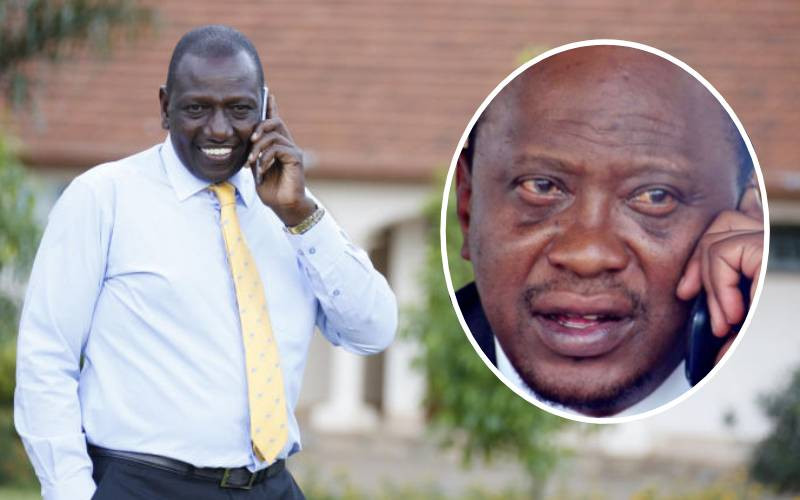×
The Standard e-Paper
Smart Minds Choose Us

As President Uhuru Kenyatta prepares to leave office in the hands of President-elect William Ruto, the silence between the once dynamic duo is only growing louder.
Speaking on Monday afternoon after the Supreme Court upheld his victory, Dr Ruto informed the country that it had been ages since the two men had last spoken.